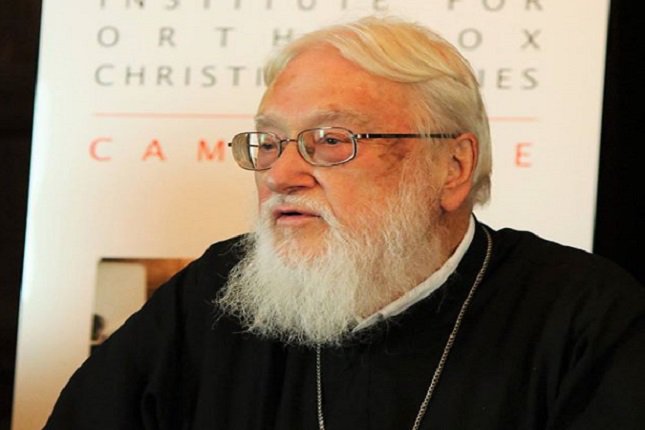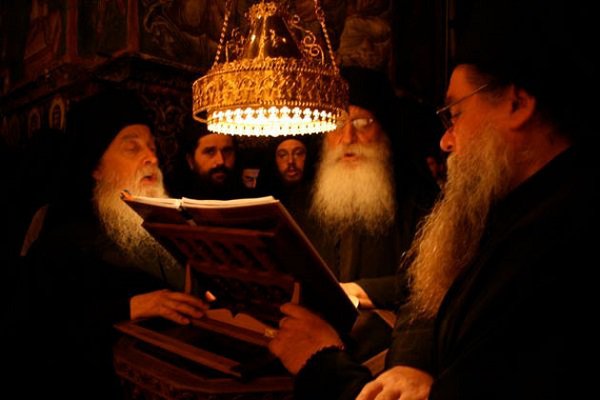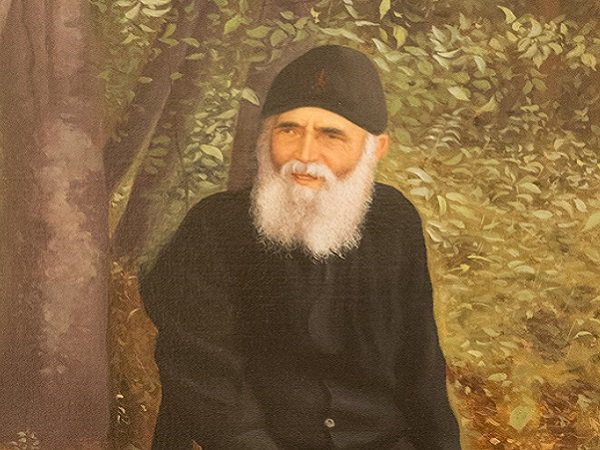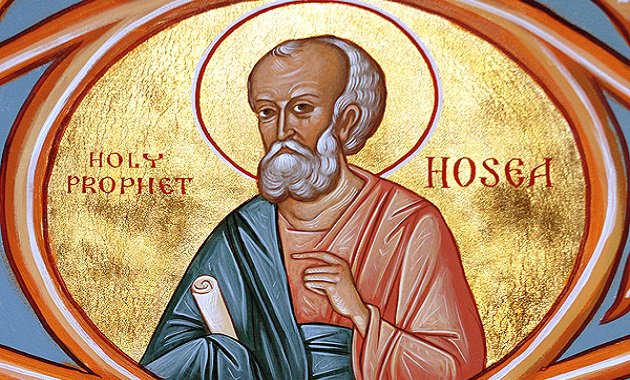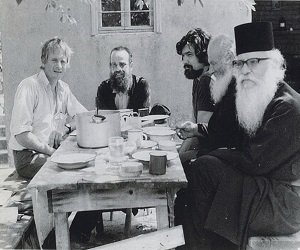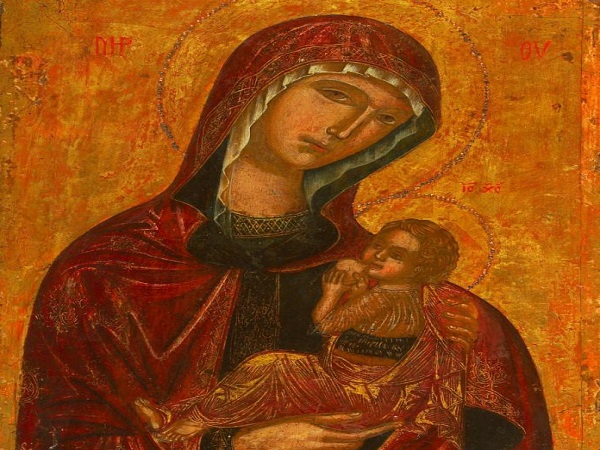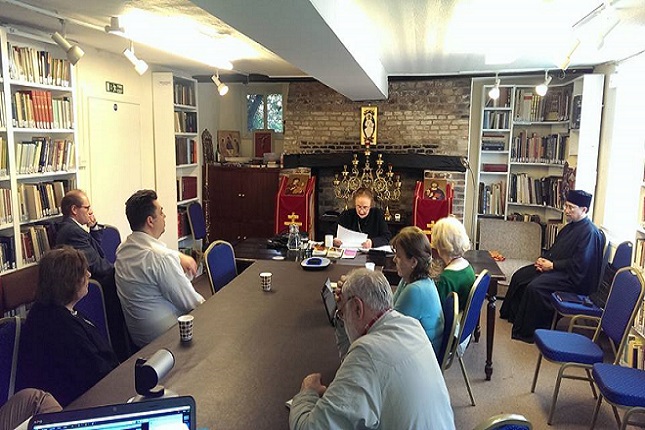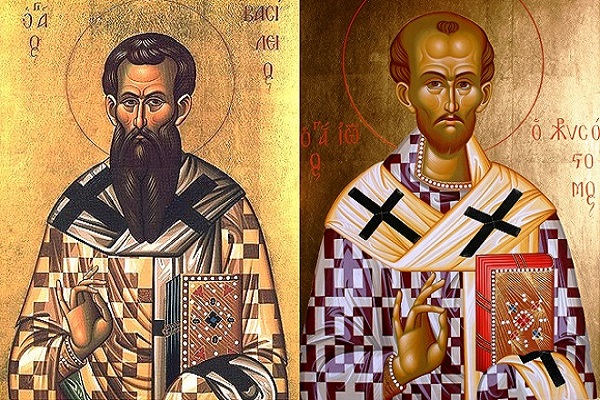
From the first days after Christ’s Ascension, the Apostles celebrated the Sacrament of the Divine Eucharist, because they wanted very much to remember Him and to feel that He was close to them. Every day they had an assembly where they sang hymns, recalled events of His life, the miracles, His words and, in particular His Passion and Resurrection. Afterwards, they’d repeat the words He’d given them at the Last Supper, they’d bless the bread and wine and then all of them would partake. Gradually, certain hymns were added, together with particular prayers, and the Liturgy as we know it today was formed. For centuries now, three types of Liturgy have been established in the Orthodox Church. The most common is the ...

